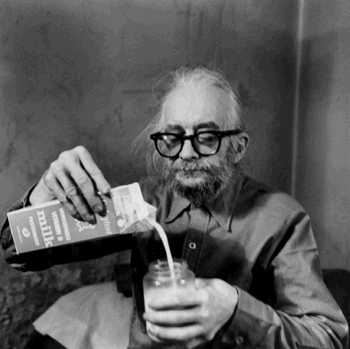Every person speaks differently
depending on the situation and environment. When amongst friends a
person's tone and diction will widely differ than when that same
person addresses an authority figure. That doesn't mean there has
been a change in personality or authenticity, but rather that we all
possess different modes of communication that reflect the setting
that we find ourselves in. Some forms of communication are more
appropriate than others, relative to the circumstances of the
dialogue. The same holds true for writing. Formalized writing can
still retain an authentic and engaging voice, without using
colloquial language or cliches. While a person might use popular
acronyms, such as ROFL, online, that doesn't mean they use those same
acronyms via conversation in real life. It would not make sense
within that context. The same applies to formal writing. If a person
was applying for a job, they would have a vastly different attitude
and tone, than a person who was lazing about in their own home.
Through this last analogy, we can identify formal writing as a means
of presenting yourself in a way that will impress or convince your
target audience. Similar to the job interview, formal writing doesn't
mean you have to sacrifice identity or individuality to achieve your
goal, but you're more likely to “get the job,” so to speak, if
you take a shower and put on some nice clothes before you arrive.
However, in formal writing the “shower” might represent correct
grammar and spelling, and the “nice clothes” could symbolize
adequate structure and syntax.
Tuesday, May 1, 2012
Subscribe to:
Post Comments (Atom)

No comments:
Post a Comment